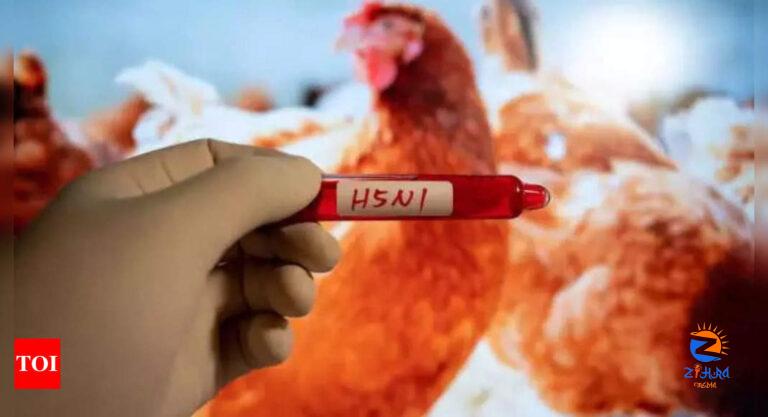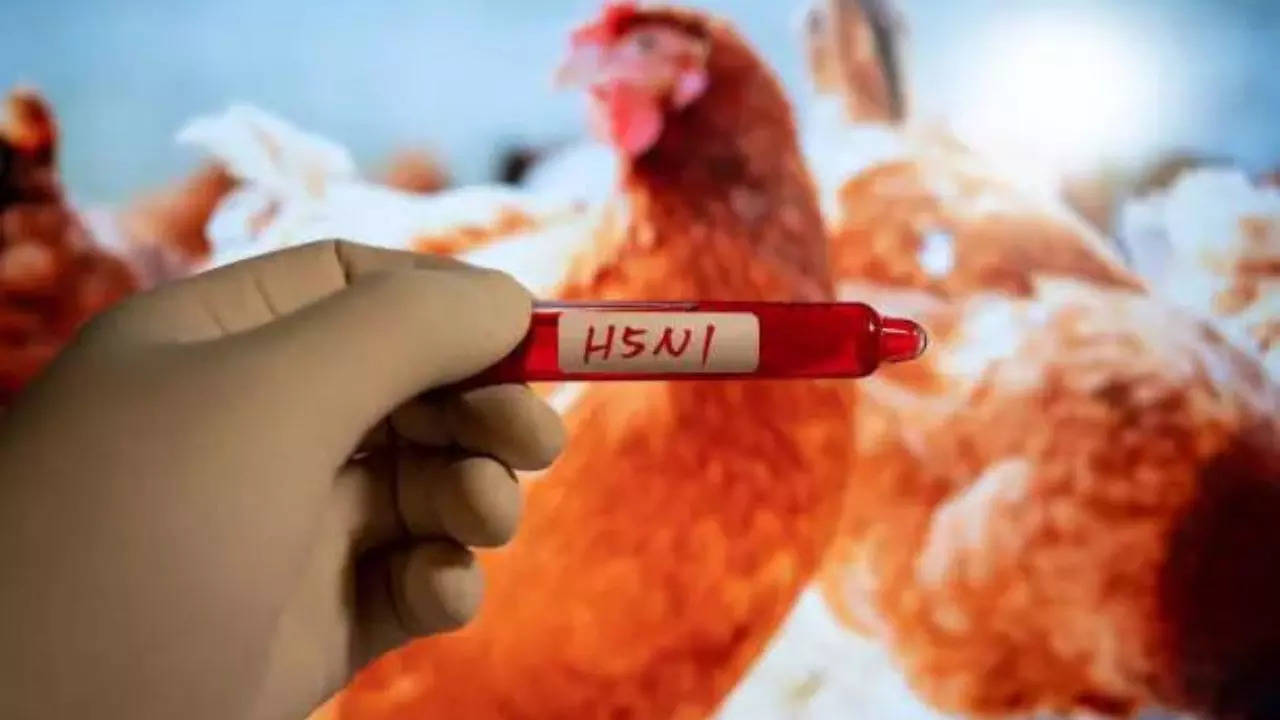
[ad_1]
NEW DELHI: US health officials issued a warning on Friday saying that dairy workers are still at risk of contracting the H5N1 bird flu virus that is spreading among dairy herds and advised the workers to wear protective gear, take preventive measures to avoid infection, as reported in a letter to the New England Journal of Medicine from the US Centers for Disease Control and Prevention’s Tim Uyeki and Texas health officials.
The letter published online referred to a specific case, where a dairy worker contracted an eye infection, and genetic testing confirmed the presence of the virus.
The Centers for Disease Control and Prevention (CDC) in the United States advised farmers, workers, and emergency responders to take certain precautions to ensure their safety and prevent the spread of diseases.
Precautions for workers to follow
The letter published online referred to a specific case, where a dairy worker contracted an eye infection, and genetic testing confirmed the presence of the virus.
The Centers for Disease Control and Prevention (CDC) in the United States advised farmers, workers, and emergency responders to take certain precautions to ensure their safety and prevent the spread of diseases.
Precautions for workers to follow
- Dairy workers are strongly advised to wear protective gear
- To wear suitable protective equipment when in direct or close contact with sick birds, livestock, feces, raw milk, or contaminated surfaces.
- Maintaining hand hygiene, regularly wash their hands, especially after contact with animals or dairy products.
- If they experience any symptoms of illness, they must seek medical attention immediately to avoid any health complications and prevent the transmission of diseases to others.
Human infection with the bird virus is uncommon, and the case of the dairy worker marks only the second confirmed infection in the United States.
This incident follows a worrisome transmission of the virus among various mammal species, leading to concerns that extensive human exposure could facilitate easier human-to-human transmission and potentially trigger a global pandemic.
(With input from agencies)
[ad_2]
